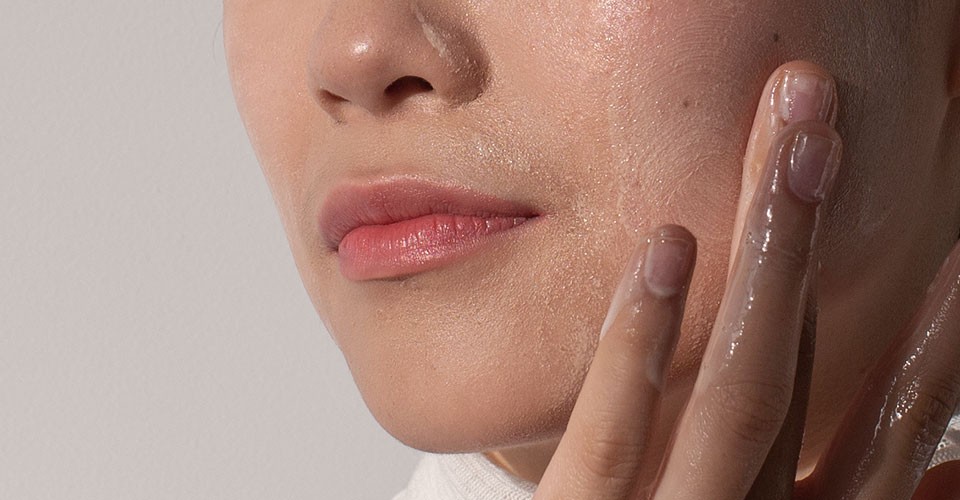What to Use for Psoriasis in Ears: Shocking, Life-Changing Tips
For beauty professionals, knowing what to use for psoriasis in ears is crucial in providing effective solutions for clients struggling with this skin condition. Psoriasis can be a debilitating ailment, especially when it appears in sensitive areas like the ears. As a beautician, being informed about effective treatments can significantly enhance your client experience and help them maintain healthy skin.
This article serves as an exclusive guide to understanding & managing psoriasis in the ears. We will explore various treatments, the underlying causes of psoriasis, and some remarkable tips to alleviate symptoms.

Understanding Psoriasis
Psoriasis is a chronic autoimmune condition that leads to the overproduction of skin cells, resulting in thick, silvery patches on the skin. The ears, being a sensitive area, can be equally affected, which could lead to discomfort and self-consciousness in clients.
To effectively treat this condition, beauticians should understand how psoriasis develops. Factors can include genetics, stress, and skin injuries. Furthermore, as a professional, knowing the importance of individualized care tailored for each client is essential.
What to Use for Psoriasis in Ears
Now that we have a basic understanding of psoriasis, let's delve into the specifics of what beauticians can recommend for treating this issue in the ears. It's important to remember that client needs vary, so always consult the client about their preferences and history.
Topical Treatments
One of the most common approaches to treating psoriasis, including in the ears, involves topical treatments. These treatments focus directly on the affected areas and can provide relief from symptoms such as itching and inflammation. Here are some effective options:
- Corticosteroids: Often prescribed for short-term use, corticosteroid creams and ointments reduce inflammation and itching. Because the skin in the ear area is delicate, a lower-potency steroid is commonly recommended.
- Vitamin D Analogues: Medications like calcipotriene can help slow down skin cell turnover and are usually prescribed alongside corticosteroids for enhanced effect.
- Coal Tar: This traditional treatment is known for reducing scaling, itching, and inflammation. However, it can have a strong odor and may stain clothes.
Moisturizers and Protective Barriers
Keeping the skin hydrated is crucial in managing psoriasis. Recommend a fragrance-free moisturizer that can be gently applied to the affected ear area. Products containing urea or glycerin can effectively hydrate the skin and improve its appearance while preventing further irritation.
Additionally, applying ointments that create a protective barrier can help shield the area from environmental factors that exacerbate symptoms.
Phototherapy
For more severe cases, phototherapy, or light therapy, can prove to be beneficial. This involves exposing the affected areas to UV light under medical supervision. A beautician can suggest that clients consult a dermatologist for this treatment.
Routine Advice for Clients
While recommending specific treatments, its also vital to advise clients on daily routines they can adopt to better manage psoriasis in their ears. Here are some unmissable tips:
- Daily Cleaning: Encourage clients to clean their ears gently using a mild soap and water to avoid irritants.
- Avoid Scratching: Stress the importance of avoiding scratching, which can worsen the condition and increase the risk of infection.
- Sun Protection: Sun exposure can help, but it should be moderated with the appropriate sunscreen to prevent further irritation.
Diet and Lifestyle Changes
Sometimes, lifestyle choices can significantly impact psoriasis. Educate your clients about a balanced diet rich in anti-inflammatory foods, which can help alleviate symptoms. Foods high in omega-3 fatty acids, such as fish, flaxseeds, and walnuts, can be beneficial.
Furthermore, stress management techniques, such as meditation and yoga, should be encouraged as they can lead to remarkable improvements in overall well-being.
Resources for Further Learning
For deeper insight and understanding of psoriasis, beauticians can refer to helpful resources: NIH on Psoriasis and WebMD Psoriasis Guide.

Frequently Asked Questions
1. Can psoriasis in the ears be treated effectively?
Yes, with the right treatments, including topical medications and lifestyle changes, psoriasis in the ears can be effectively managed.
2. Are there any home remedies for psoriasis in the ears?
While topical treatments are generally recommended, home remedies like natural oils (e.g., coconut oil) can provide temporary relief from dryness and irritation.
3. Should I consult a dermatologist for severe psoriasis in the ears?
Yes, for persistent or severe cases, consulting a dermatologist is advisable to explore advanced treatment options.
By understanding what to use for psoriasis in ears, beauticians can significantly improve their clients' quality of life. Always prioritize personalized care, and your clients will feel empowered and relieved!

